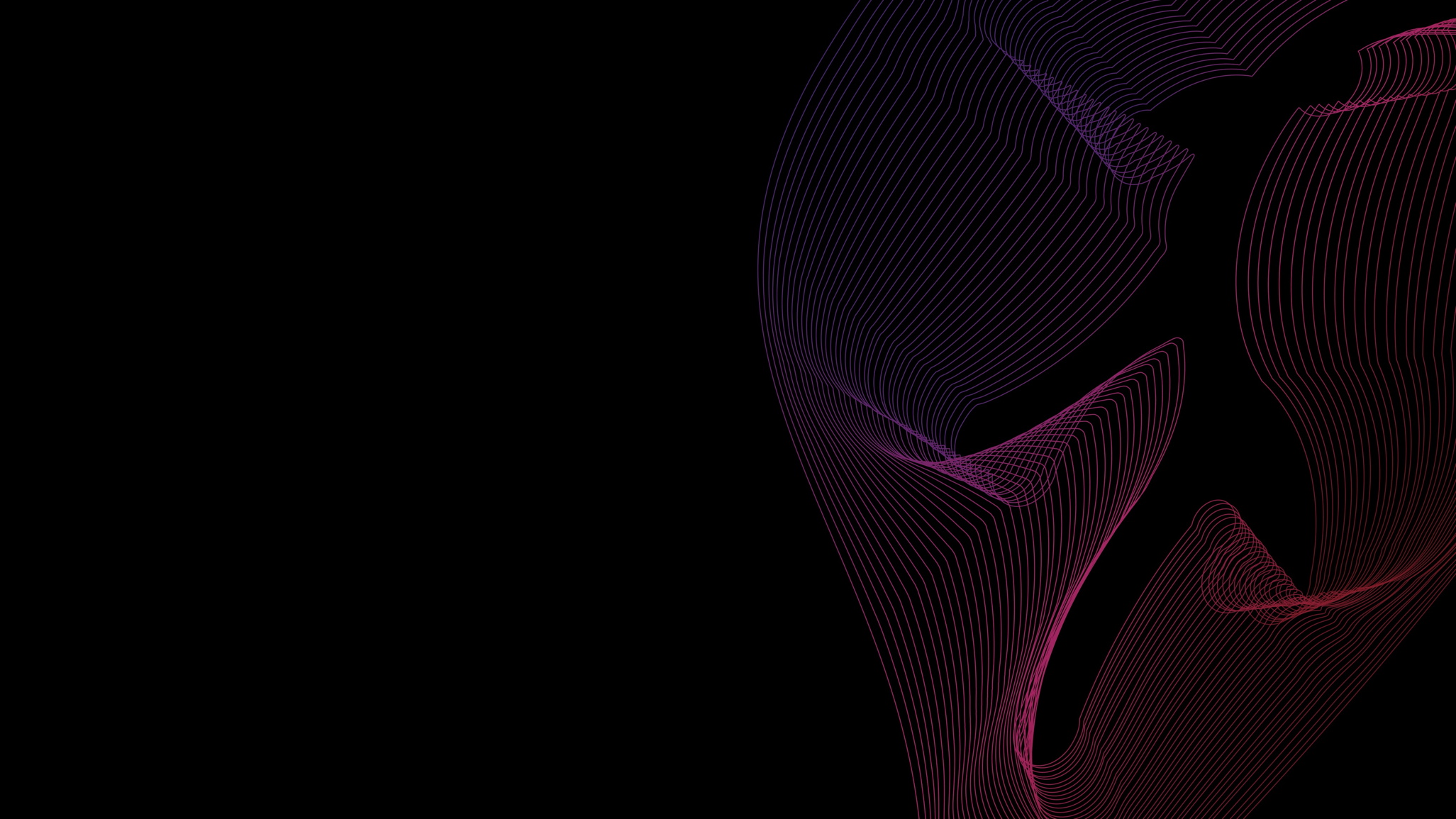Overview
The heart is a dynamic multicellular organ, made up of heart-muscle cells, blood vessels, fibroblasts, inflammatory cells, and extracellular tissues. Abnormalities or loss of any of these cell types or tissues can cause heart disease, including heart failure and life-threatening arrhythmias.
Our cardiac-biology investigators focus on understanding normal heart function and identifying mechanisms through which hearts become diseased. We use experimental systems that include cultured cells, mouse models of human heart diseases, and tissue obtained from human hearts.
Our labs are developing strategies to improve the function of diseased hearts through interventions that repair damaged heart tissue and increase the contraction strength of heart muscle. Our goals include understanding the triggers of heart muscle proliferation, stimulating more-efficient energy utilization by heart muscle, and counteracting pathways that stimulate heart inflammation and fibrosis.

Fresh off the press
Drs. Zhang and MacLellan's publication demonstrates how a transition to a less-differentiated cell state may be a key step that allows heart muscle cells to proliferate and to heal the heart after injury.
Current Projects
Modulation of fibrotic pathways in patients with congestive heart failure
These studies use diseased heart tissue, removed from patients who are undergoing implantation of a mechanical heart-assisting device.
Single-cell imaging and transcriptomic analyses of heart muscle cell regeneration
We use mice with genetically tagged heart-muscle cells to identify pathways through which these cells can proliferate and restore the structure and function of injured hearts.




